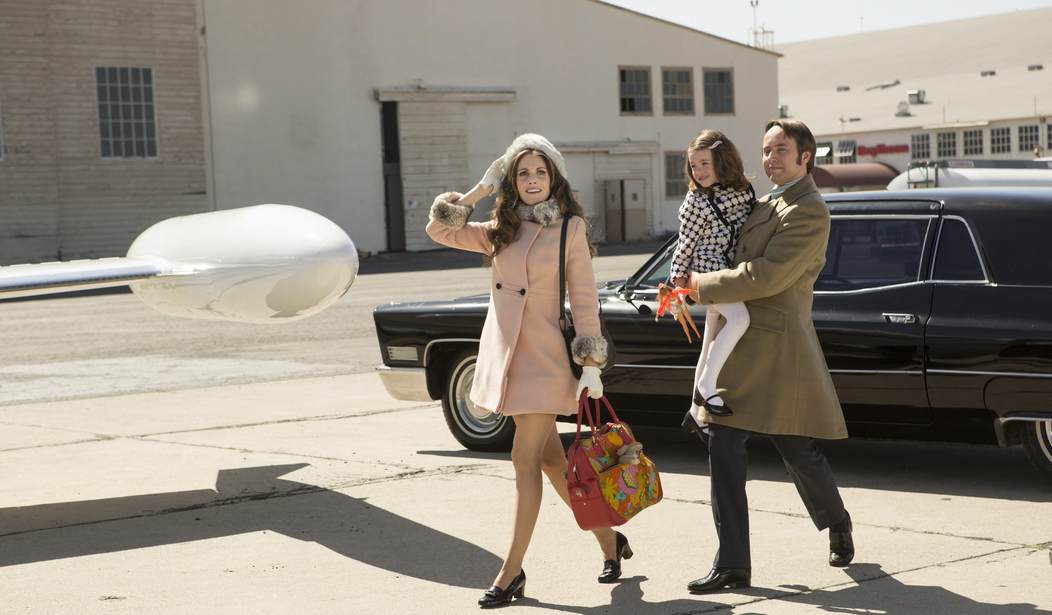Have period TV shows gone the way of eight-track tapes and the Clintons?
It’s what the New York Post would like us to think. The right-leaning paper recently opined that the death of both “Masters of Sex” and “Good Girls Revolt” means audiences are sick of the ’60s.
Both shows were set during that tumultuous decade, although the latter began in 1969. Clearly that means we’re simply bored of the Flower Power Era and all it represents.
Not so fast.
Hollywood has had a long love affair with period TV Shows. This reporter grew up on the double dose of “Happy Days” and “Laverne & Shirley.” In recent years, series’ like “Downton Abbey” and “Mad Men” captivated the masses. That wasn’t 10 years ago … or even five.
Clearly, the pop culture zeitgeist didn’t shift so far, so fast, that we want all stories to be either set in the modern day or feature zombies.
One issue with the aforementioned shows might be in branding. Showtime’s “Sex,” in breaking down the sexual research—and taboos—of the era, connected to our current peccadilloes. That’s often a clever way to use the past to explore the present.
Yet in our social justice warrior age, that can coax some scribes to push too far, too fast. The genius of George A. Romero’s zombie films wasn’t in just their gore and guts. It’s how he gently used the genre to touch on bigger issues (racism, consumerism). Agree or disagree, it wasn’t in our faces.
Perhaps some viewers avoided “Good Girls Revolt” fearing just that approach?
https://youtu.be/gsSleePpHRA
The series was set at a Newsweek-style magazine in the late 1960s, a time when women’s rights weren’t nearly as robust as they are now. The female staffers are often just as talented, if not more so, than their male peers. Yet they rarely get the recognition the boys routinely earn.
Cue the “empowerment” op-eds.
These period stories are often vital to our cultural conversations. Imagine a millennial walking in to see the 2016 film “Race” without realizing the racial hurdles Jesse Owens had to clear at home before he stepped on that German track.
It’s when these lessons get ladled on too thick that viewers shy away.
The New York Times‘ review of “Revolt” suggested the show’s priorities:
The series … picks up roughly where “Mad Men” left off in themes and time period, but shifts the feminism that percolated in its predecessor front and center.
“Mad Men” had plenty to say about ’60s culture and the era’s patriarchy. First and foremost, though, it was a terrific TV show.
So no, period TV series aren’t dead. They’ll continue to draw a crowd as long as the storytelling comes first and the lectures a distant second.









Join the conversation as a VIP Member